Alexandria, MN Drug & Alcohol Treatment Centers
Looking for help with addiction in Alexandria, MN?
Insurance
Treatment Programs
Looking for help with addiction in Alexandria, MN?
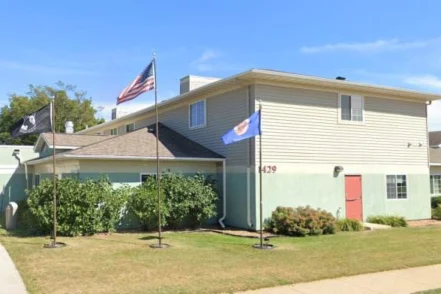
1429 3rd Avenue Mankato, Minnesota 56002
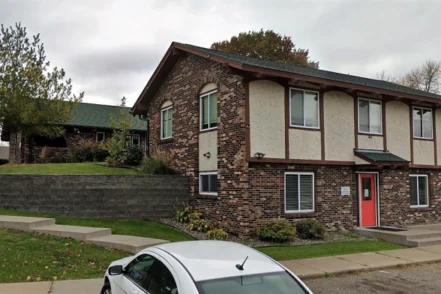
1000 Paul Parkway Minneapolis, Minnesota 55434
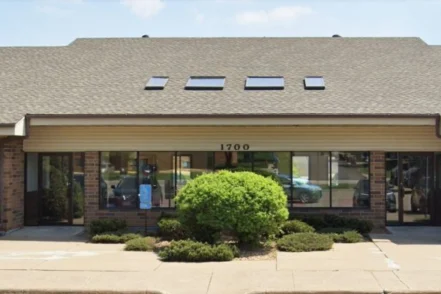
1700 Livingston Avenue, Suite 102 West St. Paul, Minnesota 55118

550 Main Street, Suite 230 New Brighton, Minnesota 55436
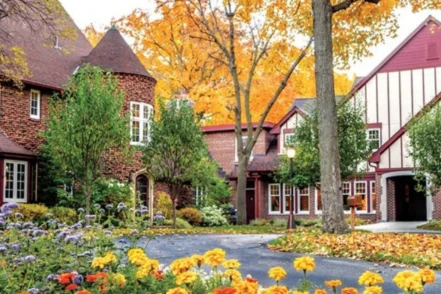
1221 Wayzata Blvd E Wayzata, Minnesota 55391
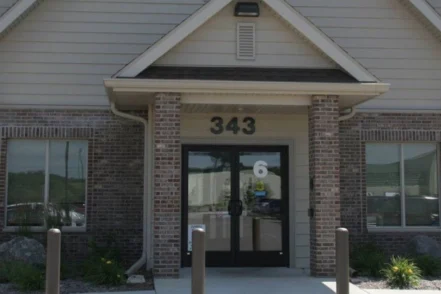
343 Woodlake Drive Se Rochester, Minnesota 55904
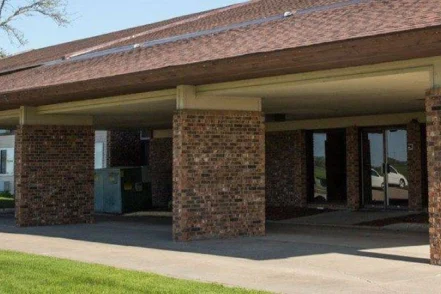
1111 Gateway Drive Northeast East Grand Forks, Minnesota 56721
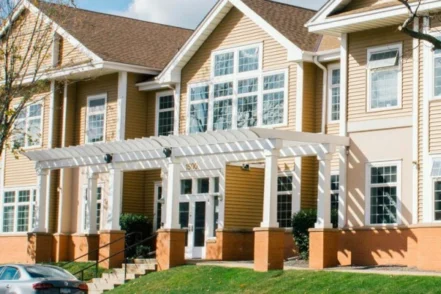
1500 Golden Valley Road Minneapolis, Minnesota 55411
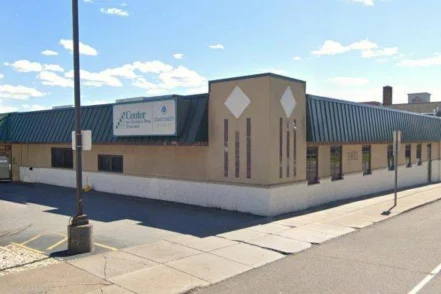
1402 East Superior Street Duluth, Minnesota 55805
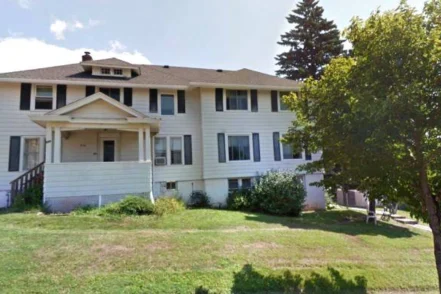
714 North 11th Avenue East Duluth, Minnesota 55805